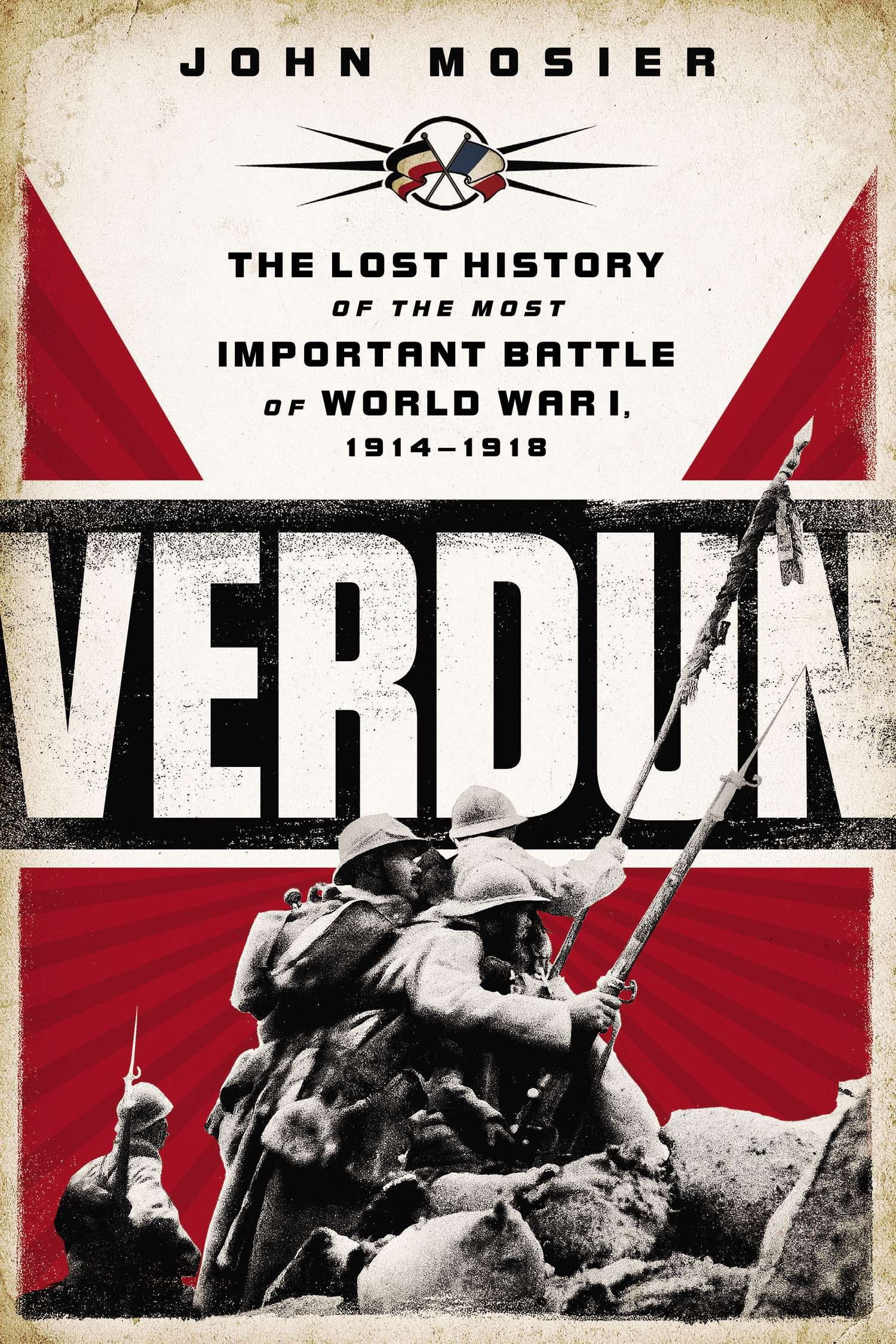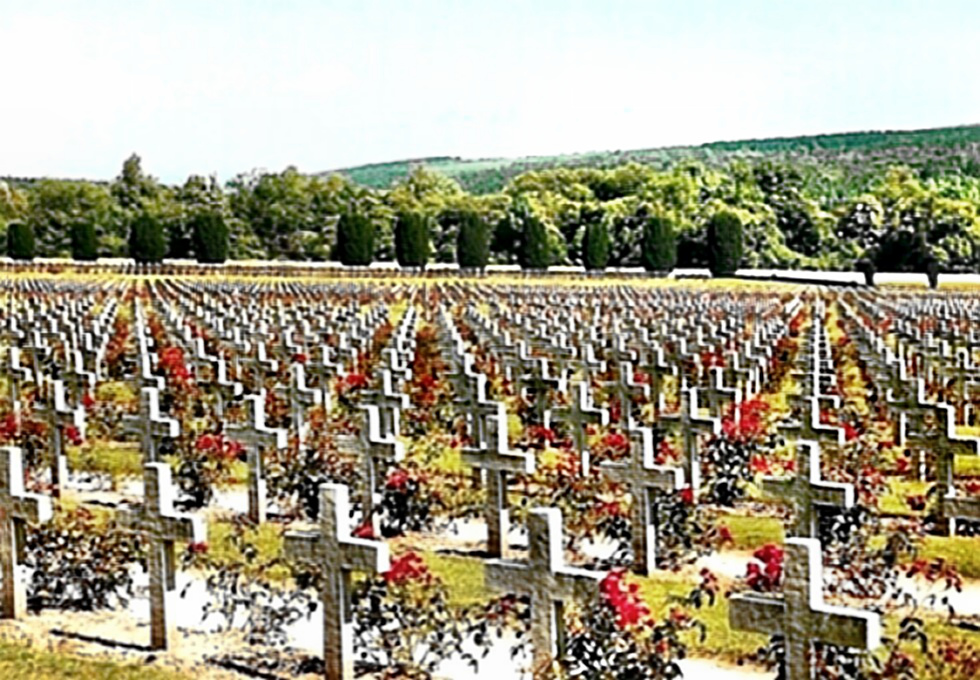

Politically, it allied Europe’s most liberal state with its most autocratic. The alliance with Russia was awkward for a number of reasons. It was this imperative that led France to sign a defensive alliance with Russia in 1895, thus setting the basic geographic parameters of the First World War twenty years before it began. After 1871, French diplomacy was largely concerned with preventing another crushing defeat at the hands of its strengthened neighbour. This vulnerability was contrasted against the immense financial, military and industrial strength of the united German state that arose out of the Franco-Prussian War.

The humiliation of such a resounding defeat, which led to the loss of two of France’s eastern provinces ( Alsace and Lorraine), coupled with the overthrow of the French imperial government and its replacement with the Third Republic left France weak and exposed. In 1870-1871 a coalition of German states led by Prussia quickly defeated France’s fielded forces in a matter of weeks before becoming bogged down in a lengthy “people’s war” ( Volkskrieg) something we might now call an “insurgency”. There is a similar continuity running across Franco-German conflicts from 1870 to 1940, which helps to contextualize the war on the Western Front. There is a longue durée concept of fortified defence running from Vauban through to the great forts that existed in 1914 (Verdun, Belfort, Toul) and the later Maginot Line.
#SIGNIFICANCE OF THE BATTLE OF VERDUN SERIES#
In the 1600s, Sébastien Le Prestre de Vauban (1633-1707) famously sought to design and build an interlinking series of forts (which he called the “ pré carré”) to shelter France’s eastern border from attacks that might come through Central Europe. The region had been of critical importance for French security for centuries. The horror of the battle was magnified by the extensive use of poisonous gasses, flamethrowers and, obviously, extensive and devastating use of artillery that basically created a "moon" landscape on Earth!Īt the end nobody really "won" as we are used to think of a normal battle: the Germans were repelled and went back to their starting trenches but the "victorious" French paid a terrible price, that greatly damaged their army, to defend a place that was, basically, strategically useless.In many ways the war on the Western Front began as a fundamentally Franco-German conflict, and one with deep historical roots. The French, under Petain, were forced to defend every inch of ground suffering terrible casualties. The initial idea of the German commander in chief Falkenhayn was to nail down the French in a position they were forced to defend at any cost (for reasons of historical and of national pride, the fortress of Verdun) and in doing so get bled to death loosing as many soldiers as possible (battle of attrition), annihilate their army and possibly be forced to sue for peace.

In total Germans and French lost during the battle about #500,000# men (or more) and while for the French was a "glorious" victory (they were able to defend and retain a place of historical importance but strategically irrelevant) for the Germans was the first serious defeat of their mighty and proud army.Īlso, for both the contenders was a battle that decimated their armies without giving a decisive victory for the outcome of the war.


 0 kommentar(er)
0 kommentar(er)
